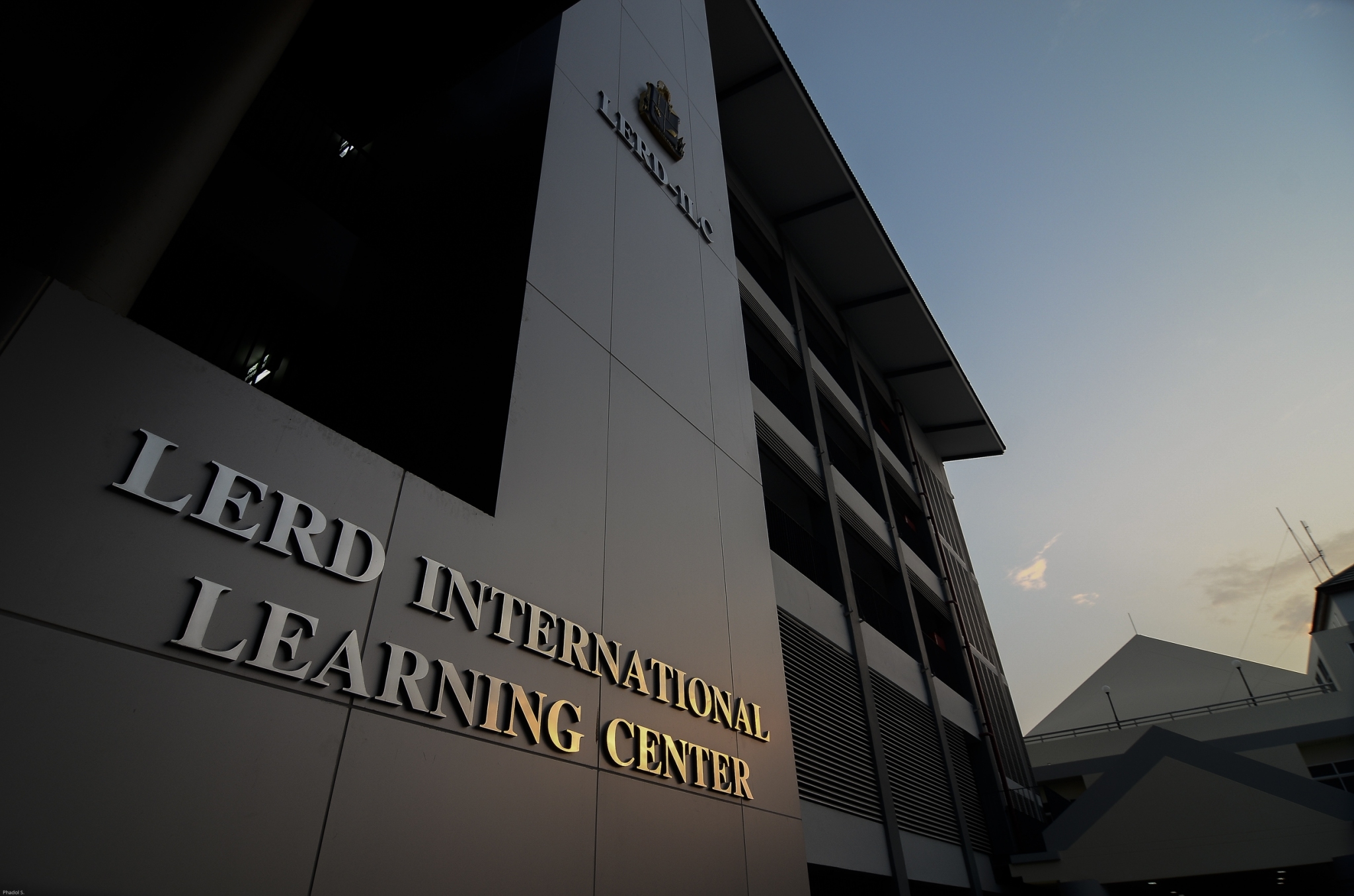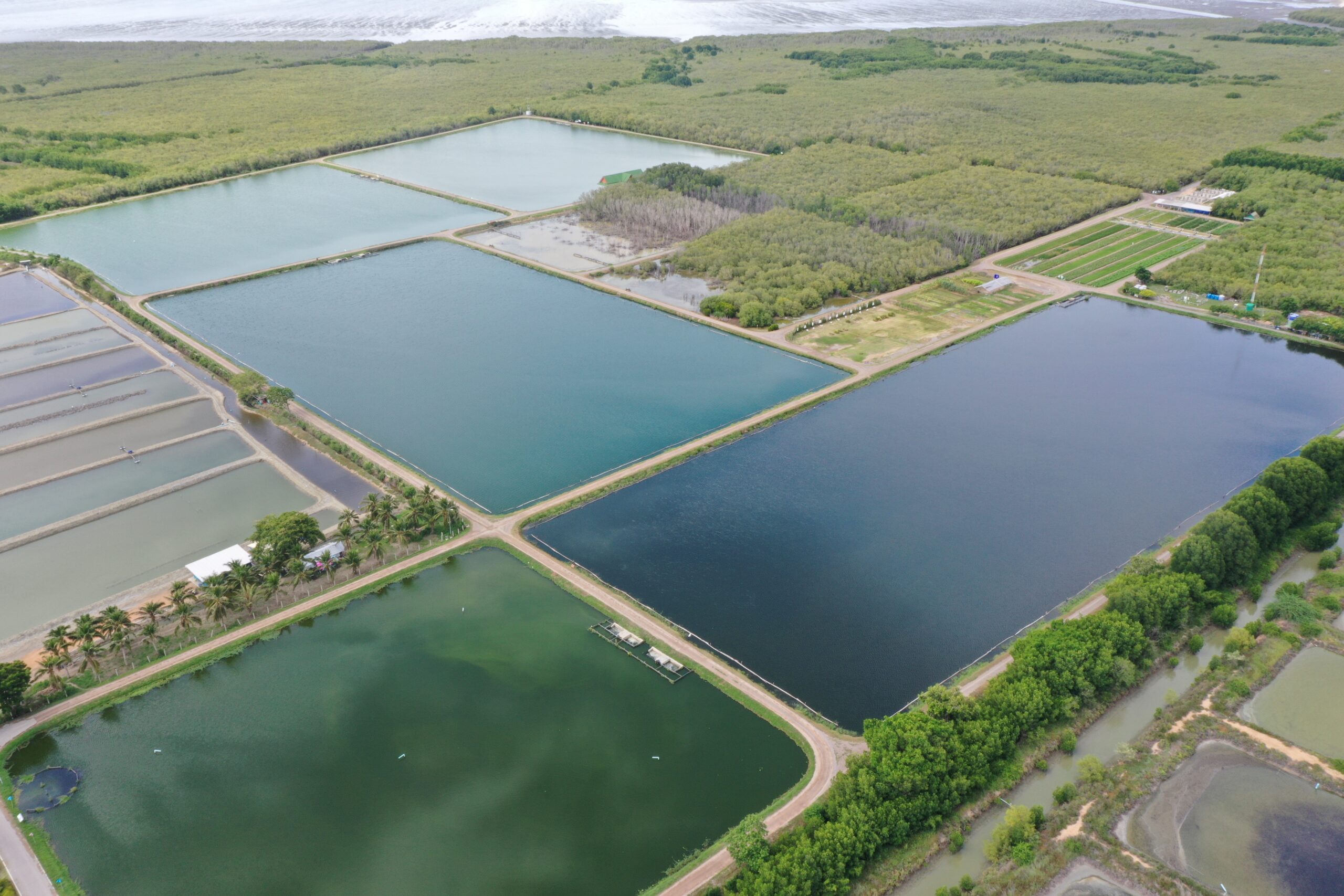The rapid expansion of communities and industrial growth has led to extensive construction of buildings and facilities which are far beyond the carrying capacity of existing infrastructure. This results in environmental changes in turn produces many adverse environmental effects. Concerned with this problem, His Majesty the King Bhumibol Adulyadej (Rama the 9th) commissioned the relevant agencies to seek solutions for the environmental problems caused by domestic waste and polluted water as well as looking for ways to preserve mangrove forests in coastal areas. His Majesty suggested that the research on the control of environmental pollutions had to also be conducted simultaneously with development work on other aspects within the area of 1,135 rai (181.6 hectares) of land at Laem Phak Bia Subdistrict, Ban Laem District, Phetchaburi Province. The project’s main objective is to carry out studies and development work to enhance the effectiveness of waste water treatment and waste disposal by using natural means and tackle general environmental pollution using appropriate technology. The project has created direct benefits in the environment while also serving as a pilot project or model for other development initiatives in other areas with similar conditions.
“The major problem is the environment. about waste water and garbage Have studied as well. Why is it not so difficult in technology? In Thailand, it can be done. Find technology from abroad and do it yourself in Thailand. Or you can hire a foreign company to do it. This is the same problem. I’m thinking of doing it now. but stick to where to do it”
The royal words by His Majesty King Bhumibol Adulyadej
On September 12, 1990

The Project’s Philosophy is to find appropriate practices to solve the environmental problem of solid waste and wastewater must be developed based on disciplinary. The technologies developed are simple and easy to practice. They are based on the principle of self-purification process or utilization of natural means to habilitate deteriorated natural resources. By-products can be used to recover the environment of natural seashore and to create other benefits. Models of wastewater treatment, solid waste disposal, social analysis and environmental education can be applied to other areas of the country.

- To study and research technology for waste disposal and community wastewater treatment and apply the results to develop waste disposal and wastewater treatment technologies and create a model for utilization of compost from waste disposal and treated wastewater. including the impacts arising from the project
- To study social research, including social patterns Public relations and environmental education of the project and apply the results to create social modeling Public relations and environmental studies on waste separation before disposal and primary wastewater treatment before discharging into sewers
- To create manuals and disseminate media in various formats in disseminating technology obtained from scientific research studies on waste disposal and community wastewater treatment and training, meetings, seminars to educate people and communities on an ongoing basis

 ไทย
ไทย


